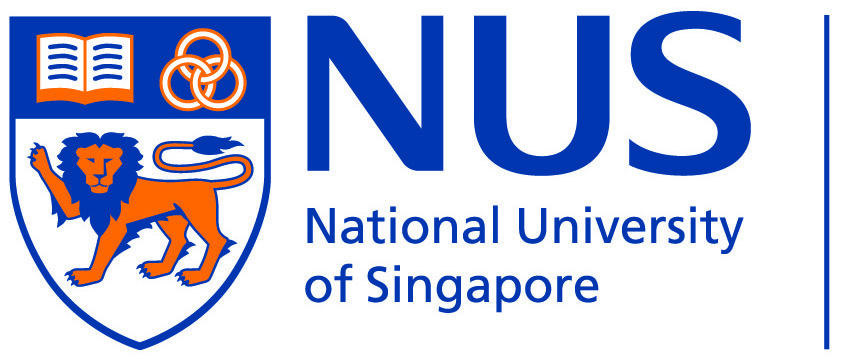HPC TECHNICAL UPDATES
Wang Junhong, Research Computing, NUS Information Technology, on 28 May 2021
The automated job submission tool for Fluent simulations has been improved smarter to not only optimise the utilisation of the software license resources and hardware CPU core resources, but also provide recommendations on the right job queue to use by using AI analysis to evaluate the likely waiting time. The tool has also been improved in the aspect of user-friendliness and additional functions, which are useful to all Fluent users.
Yeo Eng Hee, Research Computing, NUS Information Technology, on 28 May 2021
NUS IT has recently subscribed to Overleaf Commons, a subscription service by Overleaf, an 8-year-old start-up and social enterprise that provides modern collaborative authoring tools to help make science and research open and more transparent.
Ku Wee Kiat, Research Computing, NUS Information Technology, on 28 May 2021
Augmented Reality Tags or AR Tags in short are commonly used for augmented reality applications. Our focus today is not on the augmented reality applications of AR tags, instead we will be focusing on AR tags usage in computer vision tasks.
Kuang Hao, Research Computing, NUS Information Technology, on 28 May 2021
A recurring subject in text analytics is to understand a large corpus of texts through topics. During the analysis of social media posts, online reviews, search trends, open-ended survey responses, understanding the key topics will always come in handy.
Kumar Sambhav, Research Computing, NUS Information Technology, on 21 January 2021
Containerization has brought a lot of ease to dev-ops, scientific computing, AI research and data analytics. Though containerization has its benefits, it becomes really tedious to manage containers for high scale application wherein hundreds if not thousands of containers need to be orchestrated. Kubernetes has emerged as the de-facto choice for container orchestration and management. Kubernetes simplifies a lot of things but has some management overheads of its own. The question which then arises is “Which form of Kubernetes deployment would be suitable for an organization?”
Yeo Eng Hee, Research Computing, NUS Information Technology, on 21 January 2021
The PBS Pro job scheduler is the ubiquitous tool in our HPC clusters, that takes care of the demanding task of managing all the HPC workloads running on each compute node in all our clusters. With the introduction of the cloud, the computational clusters have become more dynamic and the cloud’s flexibility and agility allow us to create clusters that are more homogenous than the multi-generational hardware in our data centres. As such, a new way of defining queues is introduced, to make it easier for users to specify their HPC jobs in the cloud.
Wang Junhong, Research Computing, NUS Information Technology, on 21 January 2021
MLPerf benchmark was carried out on one of the central shared 4-GPU servers with different configurations on the number of GPUs and the input batch sizes. The computing performance and the different configurations are compared. Good performance is demonstrated by the GPU server when running the MLPerf case on all 4 GPUs. Users are recommended to run a quick benchmark to find out the right GPU configuration and the right batch size to achieve optimal performance.
Vamshidhar Gangu, Research Computing, NUS Information Technology, on 21 January 2021
FP (Functional programming) is a programming philosophy based on lambda calculus and is very much suitable for data science. In functional programming, your code is organised into functions that assist you to perform the operations you need. Your scripts will only be a sequence of calls to these functions, making them easier to understand. The purrr package extends R base functional programming capabilities with some very interesting functions. Here we learn some of the functions that make FP easier in R.
Kuang Hao, Research Computing, NUS Information Technology, on 21 January 2021
Natural Language Processing (NLP) is getting more and more popular. Captivating as it is, there is quite a steep learning curve for NLP, as it stretches across multiple research areas, from computational linguistics to artificial intelligence. For beginners, apart from NLTK, the powerful NLP toolkit I introduced last time, there is another extremely user-friendly tool: TextBlob. In this article, we will explore what TextBlob can do to make your NLP learning easier.
Ku Wee Kiat, Research Computing, NUS Information Technology, on 21 January 2021
This series aims to provide an introduction to Julia for Data Science.
For this article, we will cover the benefits of Julia, some resources to look into for performing machine learning and other related tasks with Julia.

